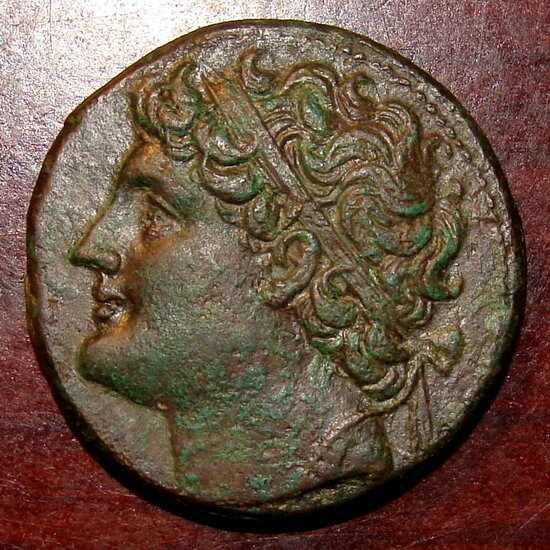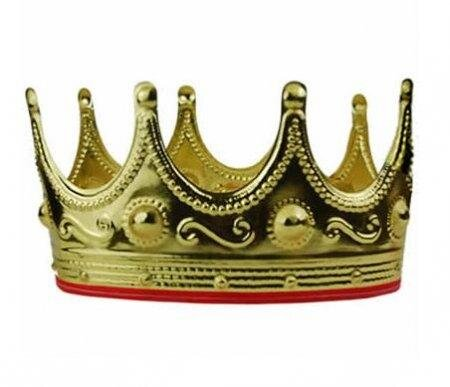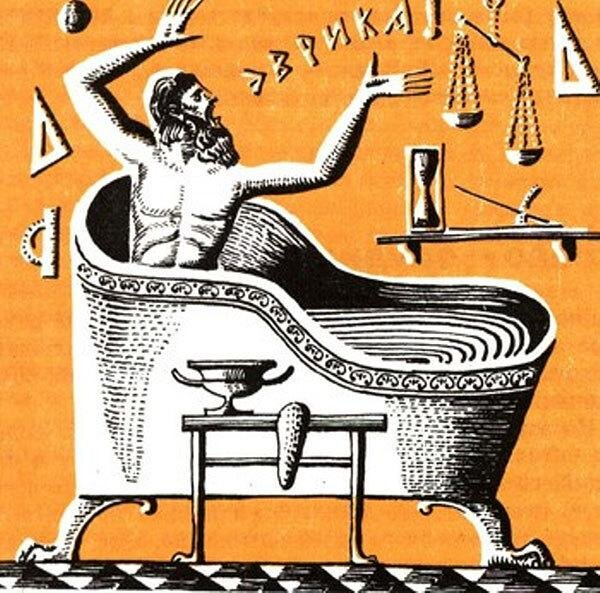The Ingenious Method of Archimedes: Uncovering the Gold Crown Mystery
Written on
Chapter 1: The Historical Context
In the 3rd century BCE, the brilliant ancient Greek mathematician and scientist Archimedes resided on the island of Sicily in the city-state of Syracuse, which was an independent entity under the rule of King Hieron II. It's important to note that while Hieron is often referred to as a king, he was technically a tyrant—a term used in ancient Greece to describe rulers who acquired power through non-hereditary means, regardless of their benevolence or cruelty.

Hieron II ascended to power following his service under the defeated conqueror Pyrrhus, who, despite his victories, ultimately faced significant losses against the Romans. After Pyrrhus's death in 270 BCE, Hieron took control of Syracuse, ruling until 215 BCE, and living to the age of 90. During his reign, he successfully expanded Syracuse's territory, capturing important locations such as Leontini, Acre, Gela, and Megara. His adept political maneuvering allowed Syracuse to maintain its independence amid the competing interests of Rome and Carthage.

The tale of Archimedes and the crown of Hieron is chronicled by the Roman architect and scholar Vitruvius, who lived in the 1st century BCE. According to Vitruvius, after completing various successful endeavors, Hieron vowed to dedicate a golden crown in honor of the gods. He commissioned a craftsman, providing him with a specific quantity of gold. When the crown was presented, it met Hieron's expectations; it weighed precisely what the gold had weighed. However, later allegations surfaced that the craftsman had deceitfully substituted some gold with silver.

In a fit of anger over this alleged betrayal and unable to find conclusive evidence, Hieron enlisted Archimedes to investigate the matter. While contemplating the issue in a bath, Archimedes noticed that the volume of water displaced was equal to the part of his body submerged. This observation sparked a revolutionary idea, prompting him to leap from the bath and rush home in a state of excitement, exclaiming "Eureka! Eureka!"—which translates to "I have found it! I have found it!"

Using his newfound insight, Archimedes created two weights equal to the crown's weight—one made of gold and the other of silver. He filled a container to the brim with water and submerged the silver weight, observing the amount of water that overflowed. This enabled him to measure how much water was displaced by both weights, ultimately allowing him to calculate the volume of the crown. His experiments revealed that the crown displaced more water than the gold weight, thereby confirming the suspicions of theft.

Through this investigation, Archimedes articulated what is now known as "Archimedes' Principle," which states that an object submerged in a fluid experiences a buoyant force equivalent to the weight of the fluid it displaces.

Syracuse, a vibrant coastal city with a bustling harbor, was a significant player in Mediterranean maritime trade. The city possessed its own shipyards, where both military and cargo vessels were constructed. Archimedes' discovery of buoyancy was particularly beneficial for shipbuilders, allowing them to calculate the draft of ships before construction based on the principles of displacement.
If you’re eager to delve deeper into historical narratives, be sure to subscribe to our channel for more engaging content!
Chapter 2: Archimedes' Principle in Action
The first video title is Density: A Story of Archimedes and the Gold Crown - YouTube. This video explores how Archimedes applied his principle of buoyancy to reveal the truth behind the king's crown.
The second video title is Eureka: The Archimedes' Story - YouTube. This video delves into the legendary moment of Archimedes' discovery and its implications in science and mathematics.